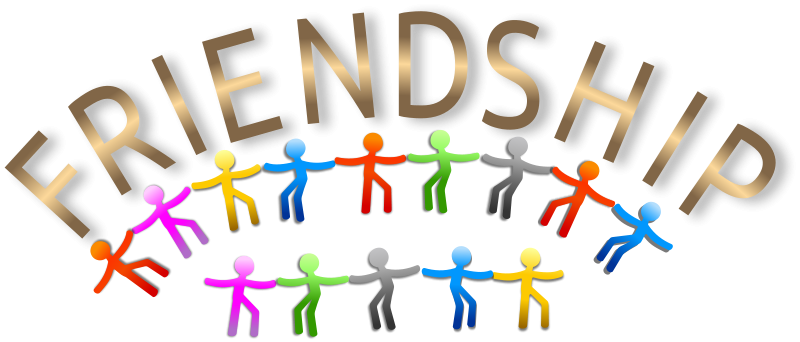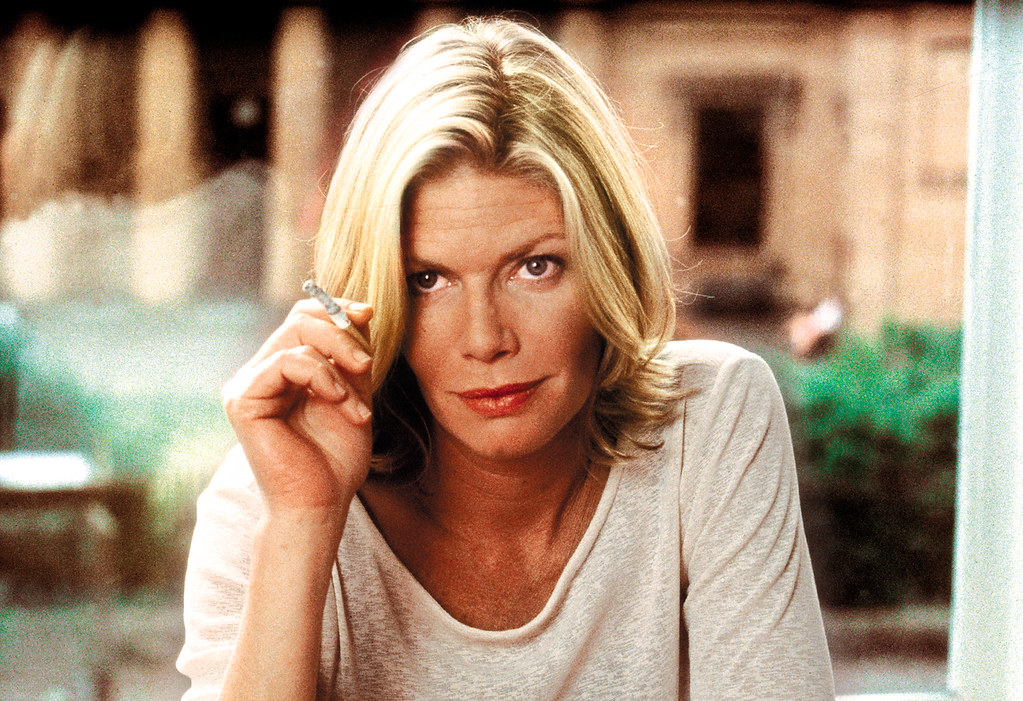
For an entire generation, Kelly McGillis embodied the quintessential ’80s leading lady, her image as the captivating Charlie in “Top Gun” becoming an indelible part of pop culture history. With windswept hair and an undeniable screen presence, she was the epitome of Hollywood glamour, a star who seemed to have it all. Yet, beneath the dazzling lights and iconic roles lay a complex life, marked by profound challenges and harrowing personal battles that would shape her far beyond any character she portrayed.
Indeed, the journey of Kelly McGillis is far more than a simple narrative of a once-loved Hollywood star; it is a testament to the human spirit’s capacity for endurance against unimaginable adversity. She is, in her own words, a “survivor” — a woman who, despite a myriad of misfortunes, has found strength not just in overcoming trauma, but in candidly sharing her experiences to help others. This in-depth look delves into the tragic details that have defined much of her life, revealing the unseen struggles and unwavering resilience of an icon who chose authenticity over aspiration.
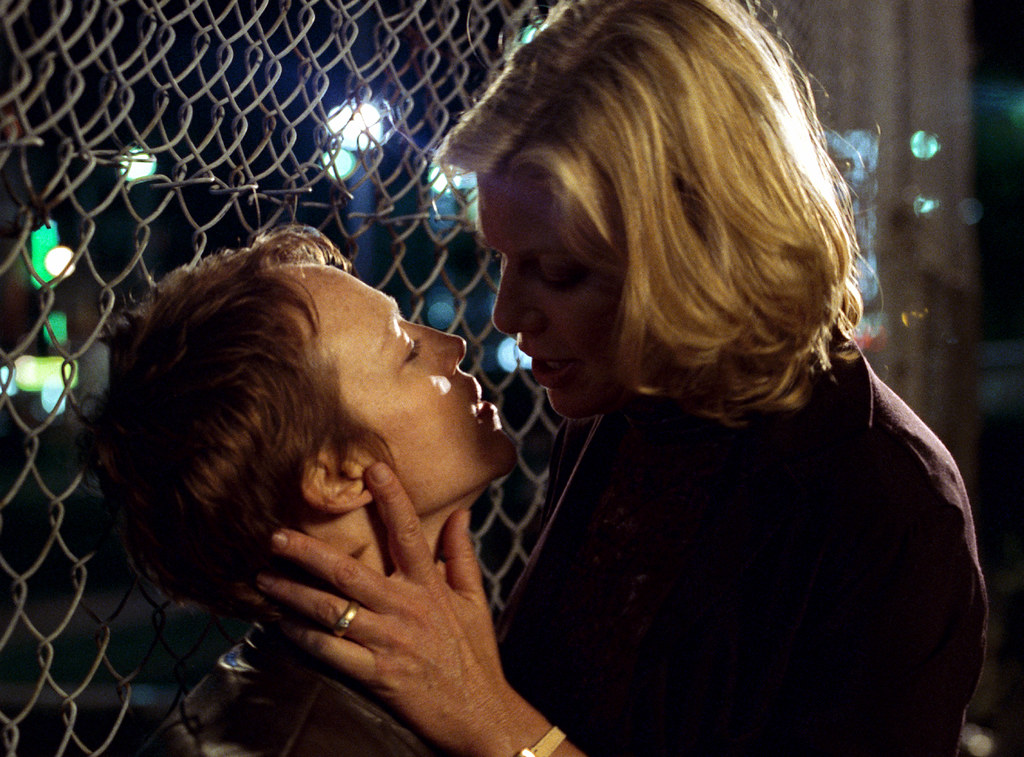
1. **The Harrowing 1982 Home Invasion and Sexual Assault**The most profoundly scarring event in Kelly McGillis’s early life unfolded in 1982, when her New York City apartment became the scene of a terrifying home invasion. Two men broke in, subjecting McGillis and her girlfriend, who was present at the time, to a brutal ual assault at knifepoint. The sheer terror of the ordeal was so immense that McGillis recounted to People magazine in 1988, she had resigned herself to getting murdered that night, a chilling acceptance of an almost certain demise.
The nightmarish attack, which she later described to People magazine, left her utterly convinced she would die. Fortunately, the horrifying experience was interrupted when police, alerted by an unknown factor, banged on the door, causing the assailants to flee. McGillis bravely assisted in identifying her attackers, driven by a fierce desire for justice, stating, “I wanted those guys caught. I hated them. I wanted to hurt them as much as they hurt me.” One of the men was initially sentenced to three years in prison, but later received a 50-year sentence in 2006 after being identified as a serial criminal, though insufficient DNA evidence prevented the conviction of the second attacker.
The immediate aftermath of this unspeakable trauma led to the disintegration of McGillis’s relationship with her girlfriend, a painful consequence of their shared horror. However, in a remarkable testament to her inner strength, McGillis channeled her personal pain into a powerful purpose. She became a vocal advocate for survivors, emphasizing the critical importance of victims speaking out and seeking help, transforming her private tragedy into a public mission for healing and awareness.
Read more about: Beyond the Script: 12 Film Moments That Caused Real Outrage and Heartbreak On and Off Screen
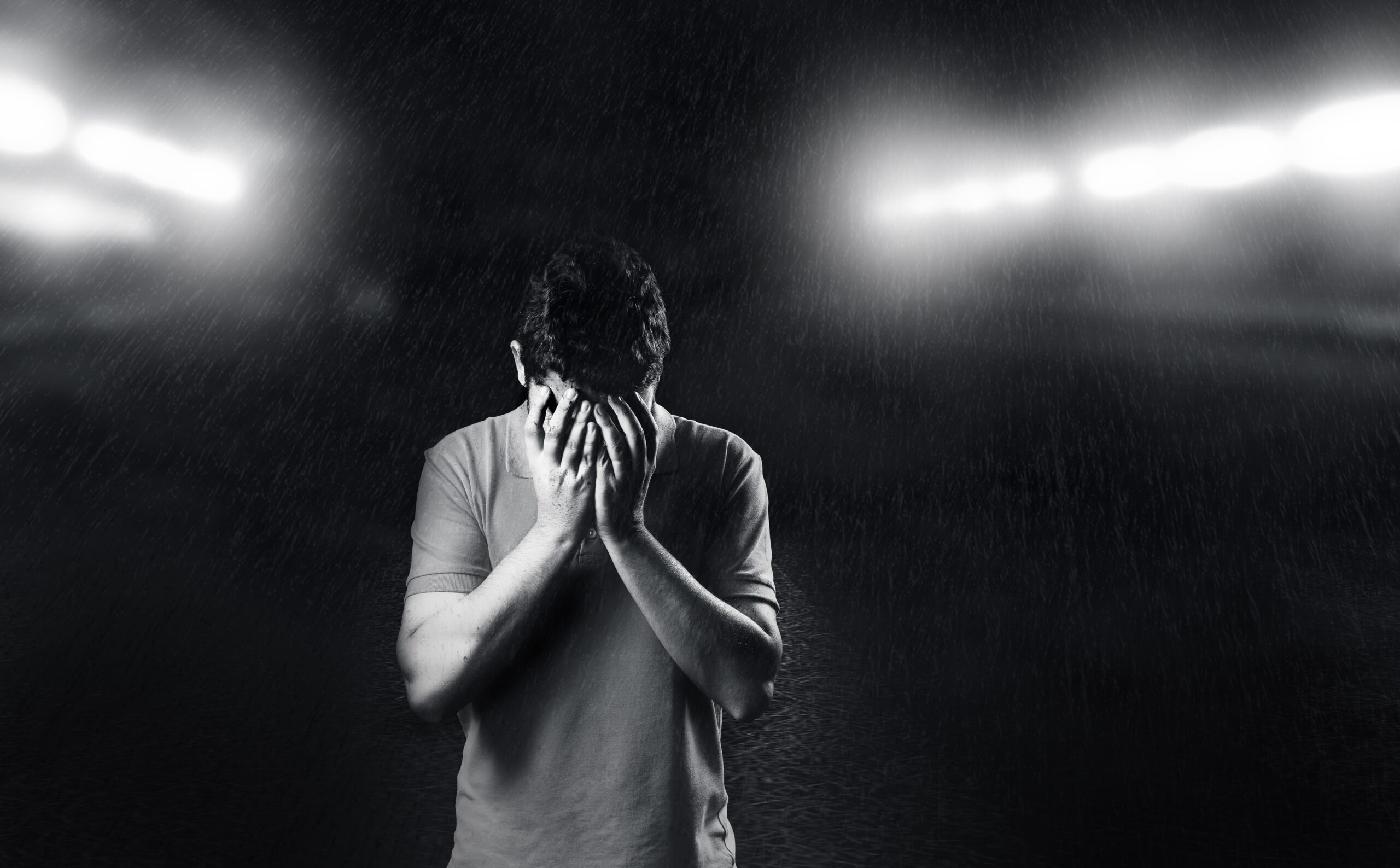
2. **The Battle with Mental Illness: Depression, Anxiety, PTSD, and Suicidal Ideation**The profound trauma of the 1982 ual assault cast a long and heavy shadow over Kelly McGillis’s mental well-being, plunging her into a severe struggle with depression, anxiety, and post-traumatic stress disorder. The emotional and psychological wounds were so deep that she found herself grappling with thoughts of self-harm, a desperate internal battle against overwhelming pain and despair. The weight of her experience felt so isolating that she initially believed no one could possibly comprehend her suffering.
During this intensely dark period, the understanding and steadfast support of her friends and teachers at Juilliard proved to be a lifeline. McGillis openly acknowledged to People magazine that, without their unwavering compassion and insight, she “probably would have killed myself.” Their presence provided a crucial anchor, preventing her from succumbing to the darkest impulses that often accompany such profound psychological distress and despair.
Despite her initial reluctance to engage with professional help, stemming from a belief that her pain was unique and beyond comprehension, McGillis eventually recognized the critical need for intervention. By 1984, she bravely chose to undergo therapy, a vital step towards confronting her trauma and managing the severe mental health challenges that threatened to consume her. This decision marked a turning point in her long and arduous journey towards healing and self-preservation.
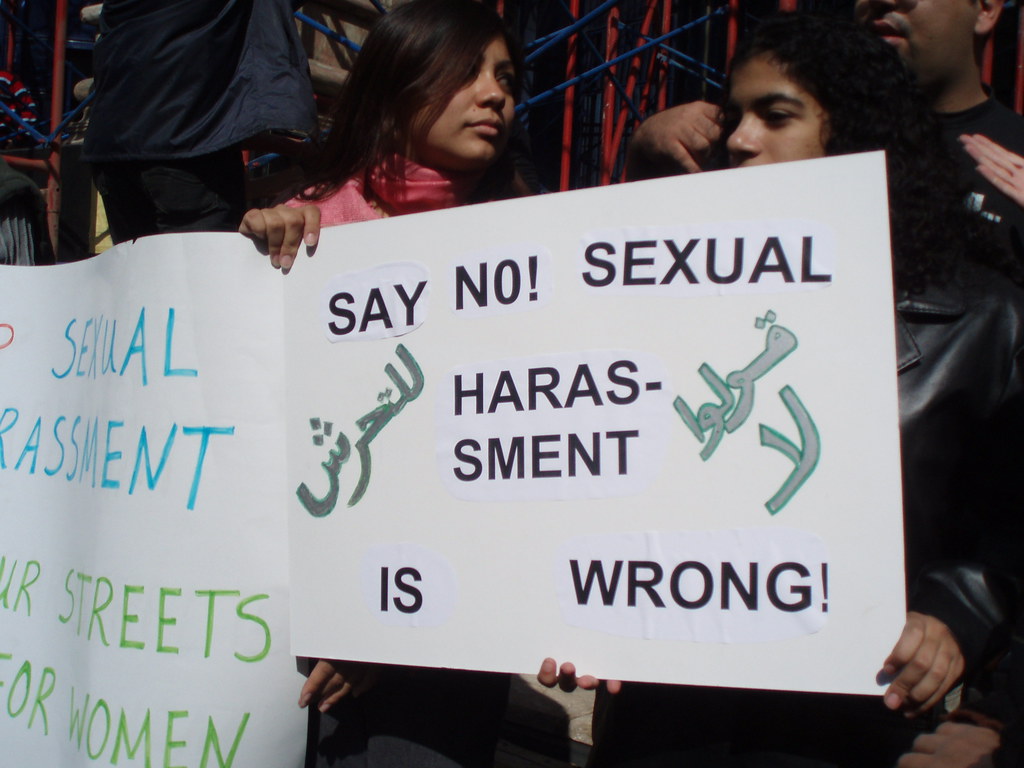
3. **Navigating Body Image Issues and Self-Perception Amidst Rising Fame**Following the harrowing ual assault, Kelly McGillis’s trauma manifested not only in psychological distress but also in significant physical changes and a deeply distorted self-perception. The ordeal led to her gaining a considerable amount of weight, which in turn caused her to withdraw and seek to hide from the world. Her body, once seen perhaps neutrally, became a source of profound discomfort and shame, driving her further into herself.
As her acting career began to flourish and she gained increasing public recognition, particularly after iconic roles, her body image issues paradoxically intensified. Speaking with The Guardian, McGillis confessed to seeing herself as “a tall, fat, geeky, ugly girl that nobody liked,” a self-deprecating internal narrative that belied her rising stardom and on-screen allure. The external validation of fame did little to assuage the deep-seated insecurities born from her personal pain.
A poignant moment of revelation came years later, as McGillis recounted to It Came From… in 2021. She had the opportunity to rewatch one of her earlier films at a fundraising event, and seeing her younger self on screen offered an unexpected clarity. She found herself unable to reconcile her past self-image with the person she saw, realizing she had been worthy all along. “I really had issues,” she conceded, acknowledging the profound disconnect between her inner torment and her external appearance.
Read more about: Sean ‘Diddy’ Combs: Unpacking the Conviction, Shattered Legacy, and Harrowing Days Behind Bars

4. **The Internal Struggle with Her Sexuality and Societal Pressures**Kelly McGillis’s journey of self-discovery was further complicated by a lifelong struggle with her uality, deeply rooted in her upbringing. Growing up in a household where personal issues were rarely discussed, she found it incredibly difficult to come to terms with her attractions to other girls during her high school years. This realization was profoundly “horrifying” to her, leading to heightened anxiety and confusion in an environment that offered little emotional support or understanding.
Tragically, the traumatic assault she endured in 1982 became erroneously intertwined with her burgeoning understanding of her ual identity. In a devastating internal struggle, McGillis began to believe the attack was a form of divine retribution. As she shared with Philadelphia Gay News, “When you’re the victim of a violent crime like that, I think it’s normal to think, ‘What did I do to deserve this?’ And the story that I came up with that I could cope with was that I was being punished because I liked girls, because I’m gay.”
For years, these societal pressures and internal conflicts prevented McGillis from living authentically. She felt discouraged from publicly embracing her truth, especially while raising her children in a conservative town in Pennsylvania, prioritizing their stability over her own public declaration. However, in 2009, she made the courageous decision to come out publicly as gay, a significant step towards self-acceptance and living her truth.
In 2010, McGillis further embraced her identity by marrying her partner, Melanie Leis, with whom she had already shared a complex and intertwined history. Although their marriage eventually concluded, Leis later reflected that McGillis remained the love of her life, highlighting the enduring depth of their connection despite the official separation. McGillis’s journey with her uality underscores her unwavering commitment to authenticity, even amidst personal and societal challenges.
Read more about: From Sitcom Queen to Controversial Figure: The Unfolding Drama of Roseanne Barr’s Enduring Legacy and Shocking Downfall
5. **Confronting Substance Misuse: The Grip of Alcohol and Drugs**Beyond the mental health struggles and internal conflicts, Kelly McGillis also grappled with a severe battle against substance misuse, which tragically became intertwined with her post-traumatic stress and suicidal ideation. She candidly described her alcohol misuse to People magazine as a insidious demon that would creep up during her darkest moments. The deceptive allure of alcohol, she explained, was the illusion it offered of allowing her to forget her pain, only for the harsh reality to return with each awakening.
This perilous pattern persisted for years, tragically escalating around 2000 when McGillis entered into a relationship with Melanie Leis, who was also struggling with substance misuse. Their shared vulnerabilities led them down a dangerous path, as Leis later revealed to The New York Times, admitting they “were partners in crime and were both drinking and abusing drugs.” This period marked a critical low point, where their individual struggles fed into a cycle of addiction that threatened to consume them both.
However, in 2001, a pivotal decision marked a turning point in McGillis’s life: she sought help and made the courageous choice to get sober. Relocating to a halfway house nestled in the Pennsylvania countryside provided the crucial environment for her recovery. This radical shift, moving away from the chaos of her previous life, was instrumental in her breaking free from the grip of addiction, demonstrating an incredible resolve to reclaim her life.
Today, McGillis has transformed her past struggles into a source of strength and purpose, dedicating herself to helping others on their own paths to sobriety. She began working extensively at a rehab facility in South Jersey, primarily with women. She expressed to The Oklahoman that she finds it an “amazing gift to see people come in hopeless and to be given some hope and some desire to live and some tools for hopefully changing their lives, their children’s lives,” solidifying her legacy not just as an actress, but as a compassionate healer.
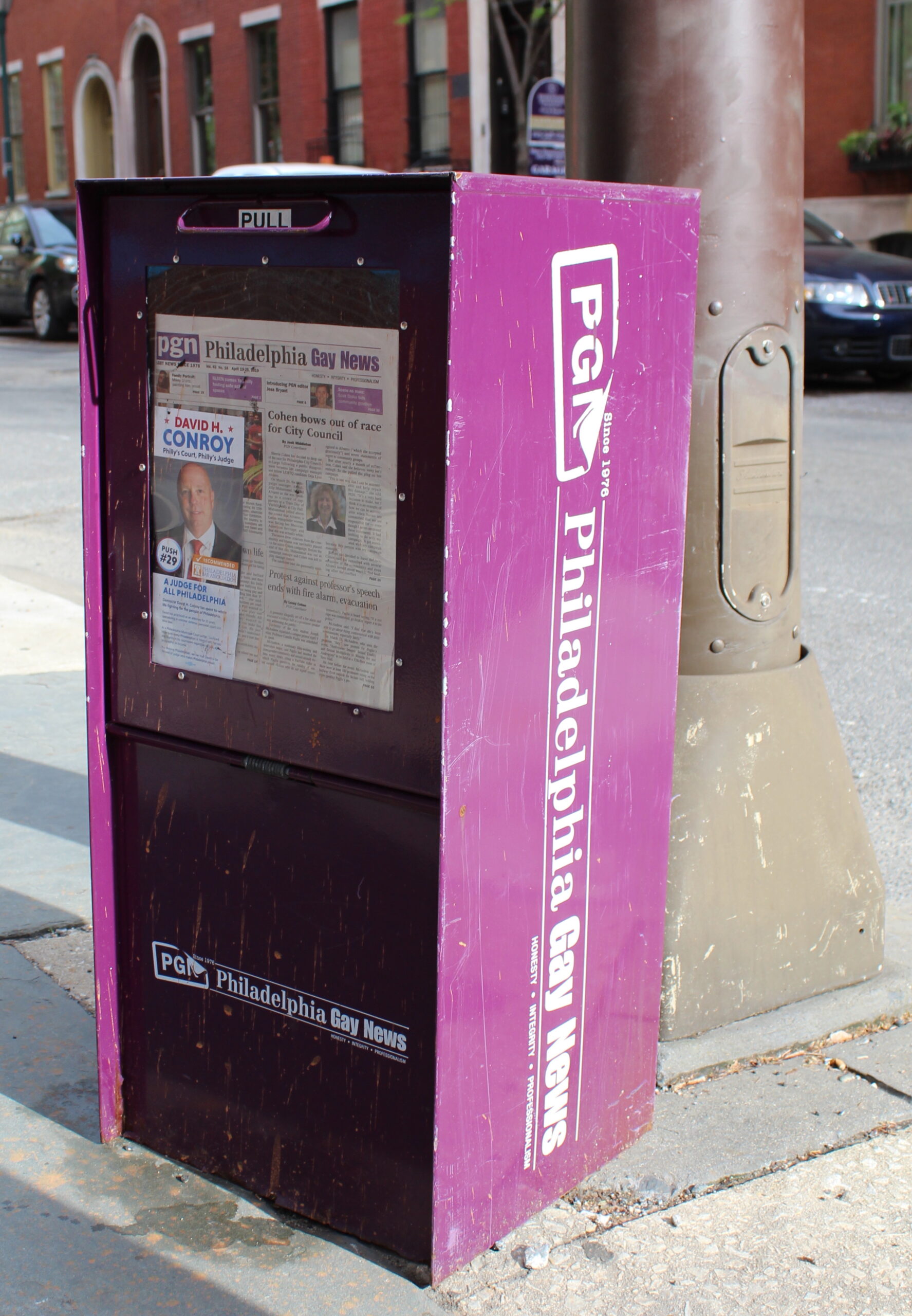
6. **The Painful Loss and Eventual Regain of Custody of Her Children**Kelly McGillis’s personal battles had devastating consequences for her family life, most notably leading to the painful loss of custody of her two daughters. After her first marriage ended acrimoniously, she married businessman Fred Tillman in 1989, believing he would be her “savior” from her ongoing personal turmoil and providing the protection she craved. However, as she later admitted to Philadelphia Gay News, “Nobody will ever hurt me again… You can only live a lie for so long without absolutely destroying yourself.” The relationship was rocky from its inception.
The complexities of their marriage were further exposed when Tillman was arrested for propositioning an undercover police officer, adding another layer of distress to McGillis’s already fractured life. As her substance misuse continued to worsen and her overall health deteriorated, she faced the heartbreaking reality of losing custody of her beloved daughters. This devastating blow served as a profound wake-up call, igniting a fierce determination to fight for her children and for her own recovery.
In a profound demonstration of maternal love and self-sacrifice, McGillis made the difficult but resolute decision to step away from her flourishing acting career to prioritize her personal healing and the well-being of her children. She famously recounted an argument with her agent to Philadelphia Gay News, stating, “You don’t seem to understand. I have to do this for my children and for myself. I have to be the best parent I know how to be.” She turned down roles, dedicating herself entirely to recovery and proving her capabilities as a mother.
Her unwavering commitment to sobriety and her daughters ultimately bore fruit. After a challenging period of intense personal work and steadfast dedication, Kelly McGillis successfully regained custody of her children in 2001. This achievement not only marked a significant victory in her personal battle against addiction but also solidified her role as a devoted mother, willing to sacrifice the glittering allure of Hollywood for the profound responsibilities of family.

7. **The Early Traumas: A Mugging at Gunpoint and Difficult Family Dynamics**Kelly McGillis’s life was marred by an early exposure to violence and a challenging upbringing that laid the groundwork for many of her later struggles. Shortly after moving to New York City at the age of 21 to pursue her acting dreams, she experienced her first terrifying encounter with violence. In 1981, she was mugged at gunpoint, an incident that served as a chilling precursor to the more severe trauma that would follow just a year later.
Beyond the external threat of violence, McGillis also navigated a complex and emotionally distant family life. She revealed that she was “never close with her parents,” a foundational lack of connection that undoubtedly contributed to her internal struggles with identity and self-acceptance. Compounding this, she was “kicked her out of the house at 17,” an early experience of rejection and independence forced upon her at a vulnerable age.
These early traumas, both the shock of the mugging and the profound emotional impact of her family dynamics, created a challenging environment for McGillis. They instilled in her a sense of resilience born out of necessity, but also contributed to the underlying anxieties and insecurities that would later be exacerbated by the more extreme adversities she faced. These formative experiences highlight that her journey of survival began long before her rise to Hollywood stardom.

8. **The Victim of a Second Home Invasion: A Lingering Shadow**Just as Kelly McGillis had begun to forge a new, quieter existence, tragedy struck again, demonstrating that the shadow of personal security breaches would unfortunately stretch across her decades. Over thirty years after the horrific 1982 assault, McGillis’s North Carolina residence became the scene of another terrifying home invasion in 2016. She returned home one day to discover an unfamiliar woman, Laurence Marie Dorn, and her young daughter already inside, a violation that undoubtedly resurrected deeply buried fears.
The encounter quickly escalated into a deeply unsettling confrontation. Dorn, whom McGillis stated she had never met, began screaming accusations, alleging that the actor had been stalking her on Twitter—a claim McGillis vehemently denied. As McGillis bravely attempted to call for help, she recounted on Facebook, “I ran out the front door and called 911. She ran out after me and began punching and scratching me trying to grab the phone out of my hand.” The physical struggle highlighted the immediate and alarming threat she faced, a stark reminder of past traumas.
Despite the terror, a profound moment of empathy emerged from McGillis. In interviews, she expressed sympathy not for her assailant, but for Dorn’s daughter, articulating a remarkable perspective. “I have a great faith that something good comes out of everything,” McGillis shared with WLOS, suggesting that perhaps she was an “instrument to get that child away from that mother.” The subsequent legal proceedings saw Dorn arrested and charged, though a jury found insufficient evidence for deliberate harm, ultimately sentencing her to 18 months probation. This second breach underscored a persistent vulnerability, yet revealed McGillis’s enduring capacity for compassion amidst personal threat.

9. **Confronting Hollywood Ageism: The Unflattering Gaze of the Industry**Kelly McGillis’s disillusionment with Hollywood’s superficiality began not in her later years, but surprisingly early in her burgeoning career. In 1984, after just a single day of shooting, she was abruptly dropped from the film “Bachelor Party.” Producers reportedly conveyed to her that she was “not right for the movie, I was not pretty enough,” a brutal assessment that offered an early glimpse into the industry’s harsh and often arbitrary beauty standards, leaving an indelible mark on her self-perception.
As with many women navigating the unforgiving landscape of Tinseltown, these prejudices only intensified as McGillis grew older. She candidly observed to The Advocate that in her 50s, the quantity and quality of “interesting roles” available to her had “diminished immensely.” This stark reality reflects a broader systemic issue within Hollywood, where age and conventional beauty often dictate opportunities, pushing talented actresses to the margins once they transcend a certain age bracket.
The most public and pointed illustration of this alleged ageism arrived with the casting decisions for the highly anticipated 2022 sequel, “Top Gun: Maverick.” Despite her iconic role in the original, McGillis was conspicuously absent, a fact she attributed to her refusal to conform to prevailing aesthetic expectations. Asked by Entertainment Tonight if she had been approached for the film, she responded with characteristic directness: “Oh my god, no. … I mean, I’m old and I’m fat and I look age appropriate for what my age is. And that is not what that whole scene is about.”
In a powerful statement of self-acceptance, McGillis articulated her priorities: “I’d much rather feel absolutely secure in my skin and who and what I am at my age.” This declaration reveals a profound rejection of the industry’s pressure for cosmetic enhancements or a manufactured youthfulness, choosing instead an authentic embodiment of herself. Director Joseph Kosinski offered a different rationale, suggesting the sequel aimed to “move with the times,” yet McGillis’s unwavering stance against Hollywood’s often unrealistic ideals speaks volumes about her integrity and self-possession.
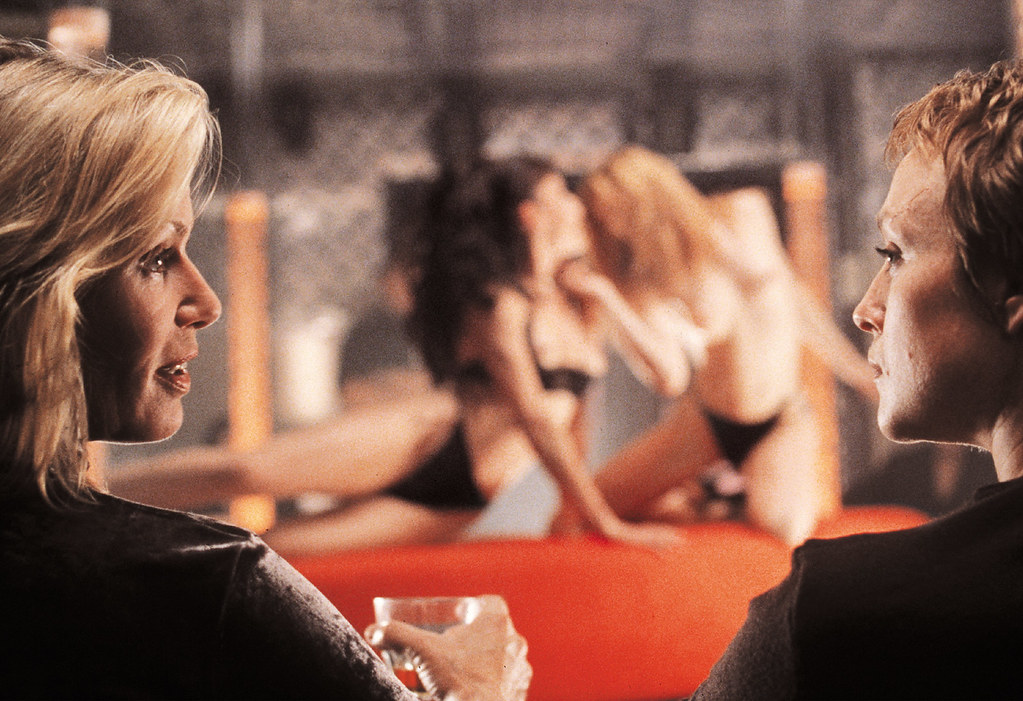
10. **Living with Chronic Illness: A New Chapter of Adversity**Adding another profound layer of challenge to an already turbulent life, Kelly McGillis received a diagnosis of alpha one antitrypsin disorder around 2014. This genetic condition significantly heightens the risk of developing severe respiratory ailments like chronic obstructive pulmonary disease and liver cirrhosis, marking a serious and potentially life-altering health concern that would necessitate a significant re-evaluation of her future and priorities. The diagnosis brought a new dimension of physical vulnerability to her existence.
Speaking with Entertainment Tonight, McGillis openly acknowledged that this diagnosis precipitated a fundamental shift in her life’s priorities. With remarkable grace, she expressed gratitude for her current circumstances, stating, “I feel really blessed that I don’t have to work, you know? But I get the option to work, so I’m really blessed in that way. Not many people get that option later in life, so I feel very lucky.” This perspective highlights her appreciation for the financial independence that allows her to manage her health without the relentless pressures of a demanding career.
The chronic illness became yet another thread in the intricate tapestry of McGillis’s deeply challenging life story. Reflecting on her myriad experiences, she told HuffPost in 2014 that the sheer scope of her struggles might seem unbelievable to others. “My life has been crazy and out of control and just blessed, and nobody would believe it if they knew the whole story,” she confessed, acknowledging the extraordinary path she has walked, filled with both hardship and unexpected grace.
Ultimately, McGillis has chosen to transform her personal health battles into a platform for wider awareness. By speaking candidly about her physical and mental health issues, she contributes meaningfully to reducing stigma and encouraging others to seek understanding and support. She may no longer be solely defined by her iconic role as Charlie, but her unwavering spirit in facing and discussing profound adversity firmly cements her legacy as a genuine survivor and an impactful advocate for health awareness.
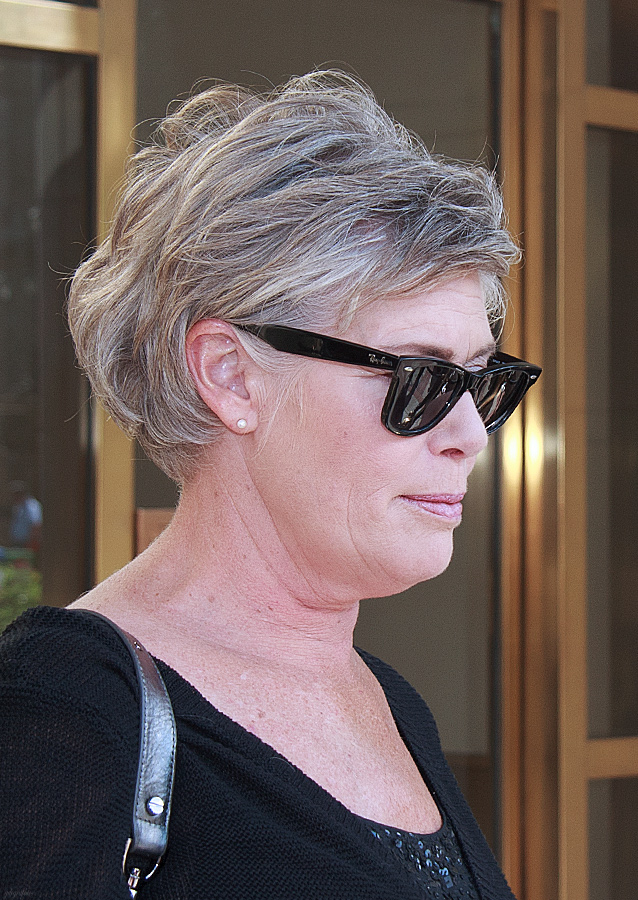
11. **The Enduring Legacy of a True Survivor**If a single word could encapsulate the essence of Kelly McGillis’s remarkable life, it would unequivocally be “survivor.” Her journey, stretching over four decades, has been defined by an extraordinary series of challenges—from harrowing assaults and battles with mental illness to struggles with addiction, public scrutiny, and chronic health issues. Yet, through each ordeal, she has emerged with an unwavering spirit, embodying a resilience that commands profound respect.
McGillis has consciously moved beyond the conventional expectations of an “idealized and aspirational film star.” Her power now lies not in maintaining a polished public image, but in her courageous authenticity. She has embraced her true self, including her age and experiences, rejecting the superficial demands of an industry that often commodifies youth and beauty. This pivot towards self-acceptance represents her ultimate triumph.
Her willingness to openly share the deeply personal and often painful details of her life—her assaults, her struggles with mental health, and her journey with addiction—has transformed her into a potent advocate. By speaking out, she offers solace, understanding, and hope to countless others who have faced similar adversities, turning her private tragedies into a powerful narrative of public healing and awareness.
Read more about: Remember the Wild Web? These 14 Pioneering ’00s Websites Defined the Early Internet Era
Kelly McGillis’s legacy extends far beyond her iconic roles on screen. It is a testament to the human spirit’s capacity to endure, to heal, and to find profound purpose amidst unimaginable adversity. She is no longer merely defined by her portrayal of Charlie in “Top Gun,” but by her profound humanity, her courage, and her enduring message that even after the darkest moments, one can rise, find self-acceptance, and dedicate their life to helping others on their own path to survival. She stands as a beacon of strength, living proof that choosing authenticity and compassion can forge a legacy more powerful than any fleeting stardom.



